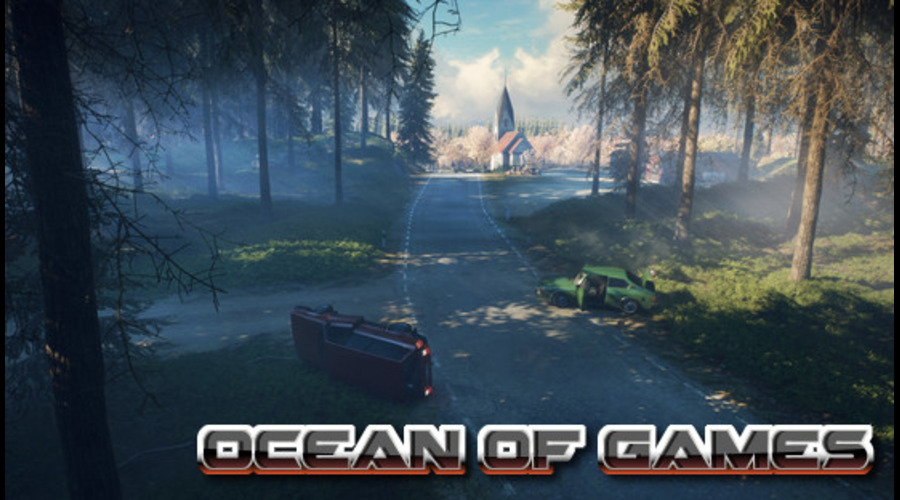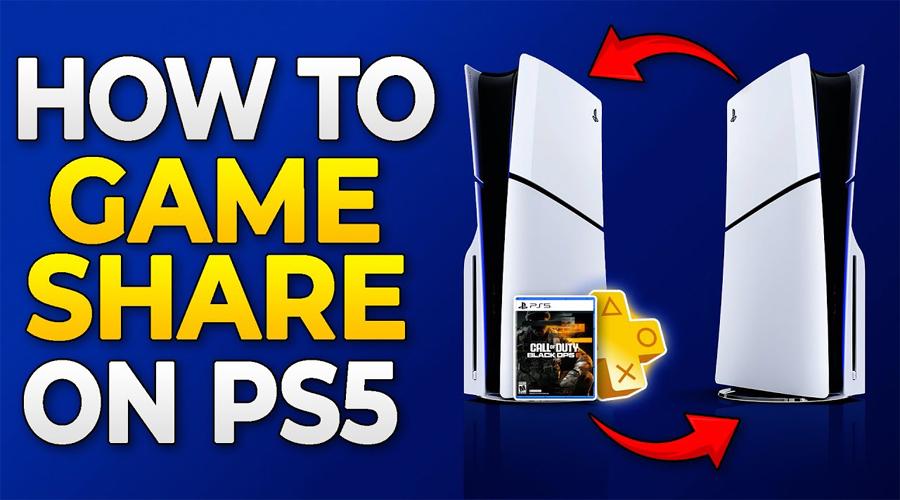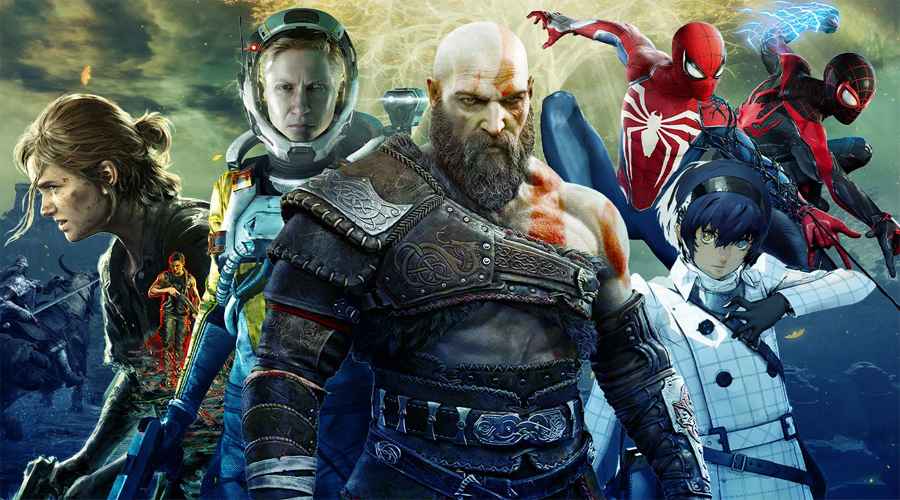Downloading games from Ocean of Games is risky and generally not recommended, but if you decide to use it, you must treat every file as potentially dangerous and protect your PC first. This article explains the real risks and then outlines safe practices and better, legal alternatives so you do not expose your device or data to malware.
Is Ocean of Games Safe?
Ocean of Games hosts cracked and pirated game installers, which means files are modified and often distributed without oversight or security checks. Many users report that games from this site come bundled with malware such as Trojans, cryptominers, and even ransomware that can encrypt files or corrupt Windows.
Security forums, antivirus vendors, and user reviews highlight serious issues: some downloads attempt to disable Windows Security or Security Center, others secretly use your CPU to mine cryptocurrency or steal data. When a site regularly asks you to turn off antivirus or exclude folders to install a game, that is a strong red flag that the content is unsafe.
Legal And Ethical Considerations
Most games on Ocean of Games are pirated, which usually violates copyright laws and the publishers’ terms of service. Besides the potential legal consequences, piracy hurts developers, especially small studios that rely on game sales to survive.
Ethically, choosing official stores or authorised key sellers supports ongoing updates, bug fixes, servers, and new content. Legal platforms also offer proper support and refund policies, which you will not get from unofficial free download sites.
Main Security Risks You Face
If you download from Ocean of Games or similar sites, you may encounter several types of threats:
- Trojans and spyware that steal passwords, browser data, and crypto wallet information.
- Cryptomining malware that runs in the background, slowing your PC and increasing power usage.
- Ransomware that encrypts your files and demands payment, sometimes after you install a “free” game.
- Installers that disable antivirus or remove security services, making your system vulnerable to other attacks.
Because cracked games are deliberately altered to bypass copy protection, antivirus solutions often detect them as suspicious, and criminals exploit this expectation to hide real malware inside “cracks” or “keygens.”
If You Still Decide To Use It
From a safety standpoint, the best option is not to use Ocean of Games at all, but if you insist on downloading, at least minimise the damage:
- Never disable Windows Security or any reputable antivirus to make a game run. If a readme tells you to turn off protection, treat that download as dangerous.
- Keep a strong, updated antivirus and run a full scan on every ZIP, EXE, and setup file before opening them.
- Use a standard (non‑admin) Windows account for everyday gaming so malware has fewer privileges if it runs.
- Back up important files regularly to an external drive or cloud that is not always connected, so ransomware cannot encrypt everything.
- Disconnect from the internet or monitor network usage if a game makes your fans spin heavily at idle; constant high CPU/GPU usage can signal a cryptominer.
Even with these precautions, you cannot guarantee safety because the installer itself may exploit unknown vulnerabilities or modify system components.
Safer Ways To Play Games
The safest way to download games is to use legal, reputable platforms that verify files and patch vulnerabilities quickly. Examples include:
- Official stores such as Steam, Epic Games Store, GOG, Microsoft Store, PlayStation Store, and Xbox Store, which deliver signed, clean builds.
- Subscription services like Xbox Game Pass or PlayStation Plus, which provide a large library of games for a monthly fee, removing the temptation to search for cracked copies.
- Legitimate free‑to‑play titles and regular giveaways run by big platforms (for example, Epic frequently offers free games that you can keep).
These sources significantly reduce the risk of malware, preserve online features like multiplayer and achievements, and ensure you receive patches and updates.
What To Do If You Think You Are Infected
If you already installed something from Ocean of Games and your PC behaves strangely (missing security tools, new processes, high CPU use, pop‑ups):
- Immediately scan your system with your main antivirus and, if possible, a second opinion scanner from a trusted vendor.
- Change passwords for important accounts (email, banking, gaming platforms) from a different, clean device.
- If security tools report serious threats, consider backing up clean documents and performing a full Windows reinstall, as some malware can deeply embed itself in the system.
In serious cases where ransomware or data theft is suspected, security experts advise against paying ransoms and recommend contacting professional support or local authorities.
Final Advice
Ocean of Games has a long track record of user reports about Trojans, cryptominers, and security centre tampering, so it is not a safe or trustworthy source for PC games. To protect your devices, data, and accounts, rely on official stores, verified free offers, and strong security practices instead of risky “free” downloads.


